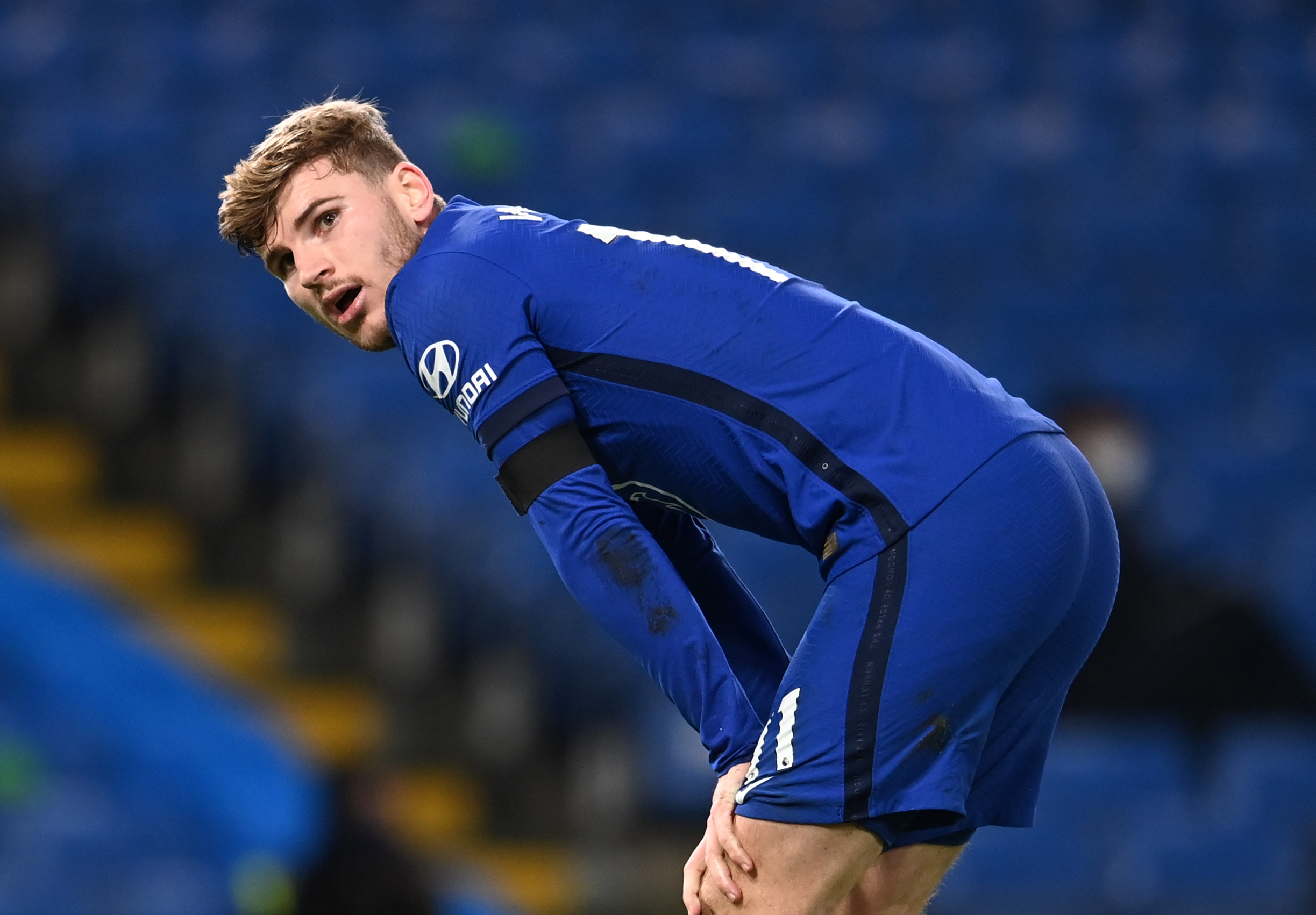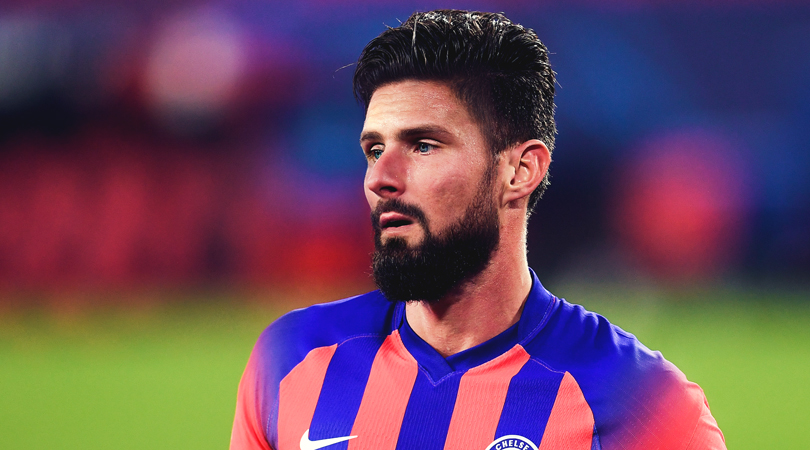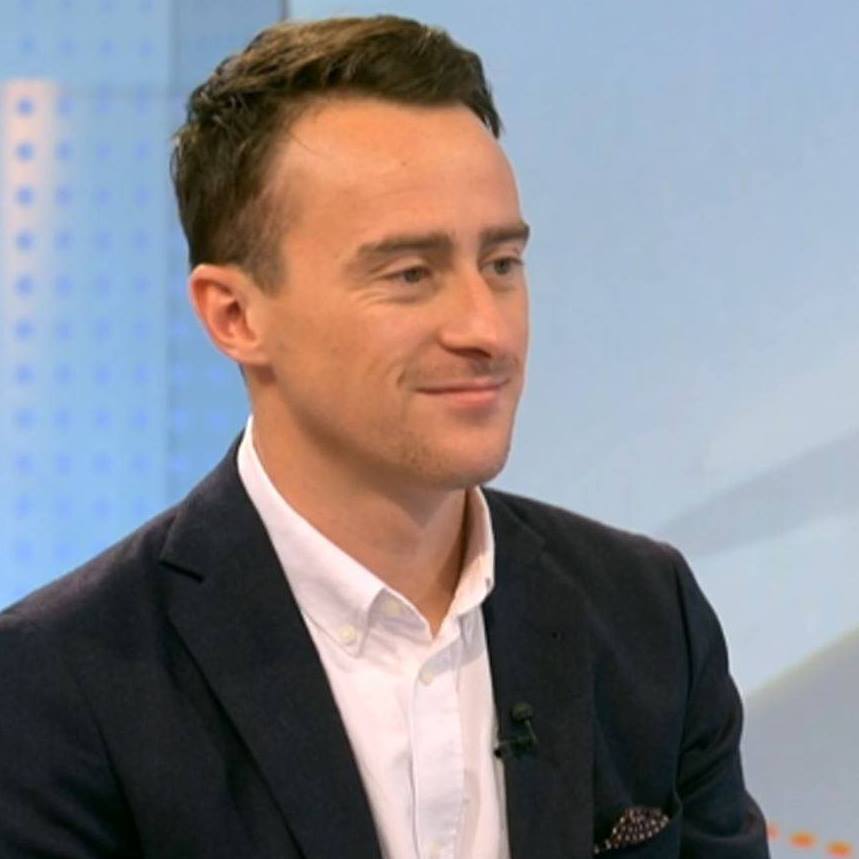Timo Werner: How can Thomas Tuchel unlock his forward's potential?
The Germany international’s Chelsea form has come under fire in his debut Premier League campaign - but is Frank Lampard failing to play to his strengths?

By January last season, Timo Werner had scored 20 times in the Bundesliga for RB Leipzig. One year on, he’d managed just four in the Premier League for Chelsea. The mitigating factors are obvious - it is the 24-year old’s first season in a new country and a supposedly tougher league - yet it’s safe to assume Chelsea had expected more from the £57.6m man.
Blues fans have got to enjoy flashes of his quality - Werner’s brace and assist against Southampton on Matchday 5 suggested a turning point after a slow start in West London. He followed that performance up with two more strikes in his next three games. It proved a false dawn, however; Werner endured another trophy drought and had to be reimagined Thomas Tuchel.
Even then, he's blown hot and cold, since. So what’s going on?
This is a player, after all, who scored 95 goals in 159 appearances for Leipzig. Is it a case of poor form, difficulties adapting to life in England, or is there something Chelsea are failing to spot? According to Southampton manager Ralph Hasenhuttl, who worked with Werner for two seasons during his time as Leipzig coach, the latter might be true.

“I know Timo very well and I have seen him in situations where he was not good,” the Austrian said in January. “Most of the time when I have seen this is because of the reason that the game doesn’t fit to him. The team didn’t play a way he can bring his best on the pitch. He is definitely a player where you have to adapt your game to him. If you do this, he will give you everything you need from a striker.”
At Leipzig, there was little doubt who the team’s main goal threat was. Various systems were used - some which had Werner on the left-wing, some which had him operating slightly deeper behind a target man, and others in which he was paired, typically alongside the hardworking Yussef Poulsen, in a front two. Invariably, though, these systems were all tailored to give Werner the best chance of hurting the opposition.
Take Tottenham Hotspur’s visit to Leipzig in last season’s Champions League round of 16, for example. Leading the first leg 1-0 - a Werner penalty - Leipzig coach Julian Nagelsmann shifted his star attacker from the more central role he’d enjoyed in the first tie, to the left-wing for the second. Nagelsmann knew Jose Mourinho didn't fully trust either of his right-backs - Serge Aurier and Japhet Tanganga - and predicted the Premier League side would go on the front foot in search of goals. Werner repeatedly caused Spurs’ headaches on the counter-attack, teeing-up a goal as Leipzig won 3-0.
The best features, fun and footballing quizzes, straight to your inbox every week.
CHRIS FLANAGAN Didier Drogba's last dance: How Chelsea's talisman delivered the Champions League
There were none of this clarity of thought at Chelsea this season. Not only did Lampard not appear to know his best team, he struggled with how best to field the players he did select. Werner was been moved between centre-forward to left-wing - and once even started on the right for a Champions League visit from Krasnodar - with seemingly no rhyme or reason.
Meanwhile, Olivier Giroud and Tammy Abraham have been rotated almost randomly in the centre-forward role whenever Werner hasn’t been fielded there. The Frenchman has started 12 games as a lone marksman; Abraham 18. Without a clear gameplan, Lampard couldn't hope to get the best out of any of his strikers, least of all the one who joined in the summer from a team with a strong sense of identity.

The Blues rank fourth in the Premier League for average possession - a stat Leipzig also regularly scored high for in the Bundesliga during Werner’s time there. But Lampard’s side were only 14th in the league when it comes to possession won in the final third and seventh in terms of pressing high up the pitch.
When it comes to quick turnovers and winning back the ball in dangerous areas, Chelsea are a world away from the football Werner is used to. A better fit, based on official Premier League stats, would have been Manchester United, Liverpool or Southampton - teams who look to win the ball back high, transition forward at pace, or both.
While there are undoubtedly ways Chelsea can help their young attacker find his best form, there is one more stat that perhaps tells us the most about Werner’s struggles so far. Behind Patrick Bamford (12), Chris Wood and Ollie Watkins (10-apiece), Werner missed the most “big chances” in the league this season, with nine clear-cut opportunities squandered.
Those who watched Werner frequently in Germany will be unsurprised by this final insight; the German is not a forward famed for his composure. Yet Werner’s work rate, movement and pace mean other chances are never too far away. He needs patience now more than ever, but a clearer gameplan from Tuchel wouldn't hurt either.
Subscribe to FourFourTwo today and get a FREE England Euro 96 shirt!
NOW READ
BLUES Why do Chelsea struggle to win after falling behind?
YEAR ZERO The making of Robert Lewandowski (Lech Poznan, 2009/10)
CHAMPIONS LEAGUE 10 European trophy-winning teams who were terrible domestically

Ed is a staff writer at FourFourTwo, working across the magazine and website. A German speaker, he’s been working as a football reporter in Berlin since 2015, predominantly covering the Bundesliga and Germany's national team. Favourite FFT features include an exclusive interview with Jude Bellingham following the youngster’s move to Borussia Dortmund in 2020, a history of the Berlin Derby since the fall of the Wall and a celebration of Kevin Keegan’s playing career.
 Join The Club
Join The Club





